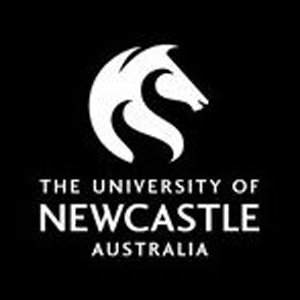Refine results
Level of study
Location
Study Mode
Field of study
Bachelor of Science / Bachelor of Global Studies
- Clayton
- 4 years full-time
- ATAR: 73 or above
Bachelor of Arts and Bachelor of Advanced Studies (International and Global Studies)
- Camperdown/Darlington
- 4 years full-time
Bachelor of Global Studies
- Melbourne (Bundoora)
- 3 years full-time
- ATAR: 65.35 or above
Bachelor of Commerce / Bachelor of Global Studies
- Brisbane (McAuley at Banyo) | Also at 2 other campuses
- 4 years full-time
- ATAR: 58.5 or above

Bachelor of Scientific Studies
- Online Campus | Also at 1 other campus
- 3 years online/off-campus
- ATAR: 57.7 or above

Bachelor of International Studies
- Online Campus | Also at 1 other campus
- 3 years online/off-campus
- ATAR: 65 or above

Bachelor of Development Studies / Bachelor of Global Indigenous Studies
- Callaghan
- 4 years full-time
- ATAR: 67 or above
Bachelor of Commerce / Bachelor of Global Studies
- Clayton
- 4 years full-time
- ATAR: 77 or above

Bachelor of Global Indigenous Studies
- Callaghan | Also at 1 other campus
- 3 years full-time
- ATAR: 67 or above